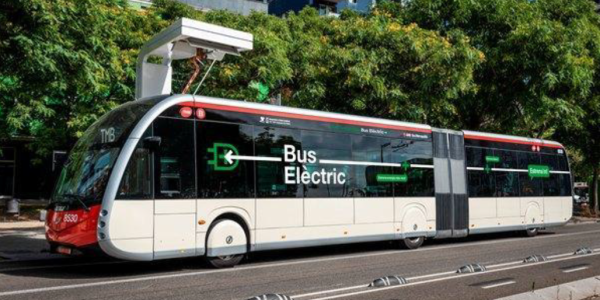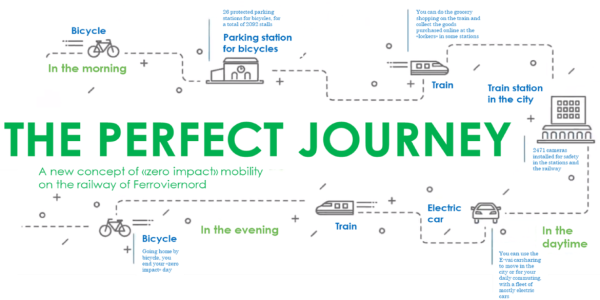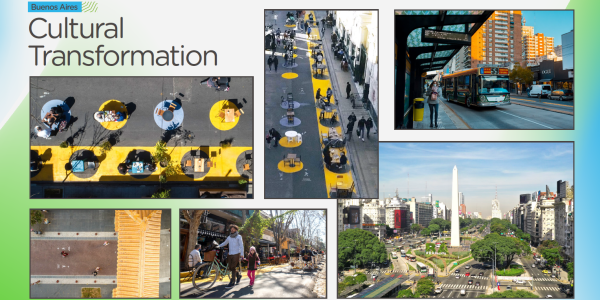This blog was written by Laura López, Sustainable Mobility Junior Officer, ICLEI World Secretariat
Promoting sustainable mobility systems goes beyond cutting back GHG emissions. While the urgency to decarbonize the transport sector to tackle the effects of climate change is undeniable, negative externalities from our current transportation systems are felt largely at the local level, but receive less notice on the global agenda. This is particularly acute for cities in low and middle-income countries, where rising levels of air pollution, traffic casualties and lack of access to quality mobility options are major social and public health problems. These disproportionately affect vulnerable populations, namely the urban poor, children, women, and the elderly.
Advocating for a more comprehensive perspective of sustainable mobility, the side event “Game On: City Ambition Towards Future-Proof and Equitable Mobility Systems” brought together representatives from five cities and regions worldwide within the framework of COP 26 UN Climate Change Conference. The panel of experts showcased concrete actions at the local level to bridge the gap between ambition and action. Then, the panel reflected on major challenges and opportunities
The session began with a brief introduction to the ICLEI Sustainable Mobility team’s work with local governments worldwide on promoting low carbon and people-centred passenger and freight transport through the EcoMobility and Ecologistics initiatives. Right after, An-Pang Kao, Deputy Mayor of Taoyuan City, introduced the audience to the city’s goal to reach zero emissions from the freight transport sector by 2050. Public and private stakeholders in Taoyuan, with the technical support of ICLEI’s Sustainable Mobility team, are currently developing the Sustainable Urban Logistics Plan (SULP) and implementing five demonstration projects. One of the most remarkable pilot projects aims to transform the central district of Daxi into a Low Emissions Zone (LEZs), giving priority to last-mile deliveries made with lightweight electric vehicles and reallocating more space for walking and cycling.
Delegates from Barcelona, Milan, Manizales, and Buenos Aires’ showcased concrete actions for improving and expanding access to clean, efficient and reliable public transport to a broader part of the population. Janet Sanz, Deputy Mayor of Barcelona, shared insights on how the city government has been reallocating road space for dedicated lanes to streamline bus operations, and constructing a tram line that will finally connect the city from east to west. Sanz sees such interventions as benefiting those who use these means of transport more frequently: women, elderly, children, and low-income residents who live in outlying areas but regularly commute to central districts.
Leveraging innovative technology for improving public transport’s operational efficiency was also a recurring theme. Elisabetta Tromellini, Head of the CSR-Sustainability Department in the FNM Group, highlighted progress with MaaS digital platforms to encourage intermodality with buses and trains. The overall mission is to avoid unnecessary car trips. Tromellini also noted efforts to incorporate electric and hydrogen-fueled fleets in the Lombardy region of Northern Italy.





